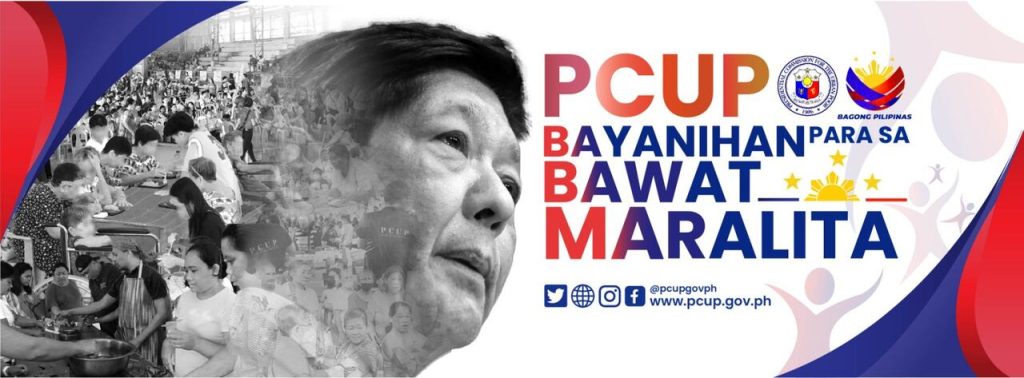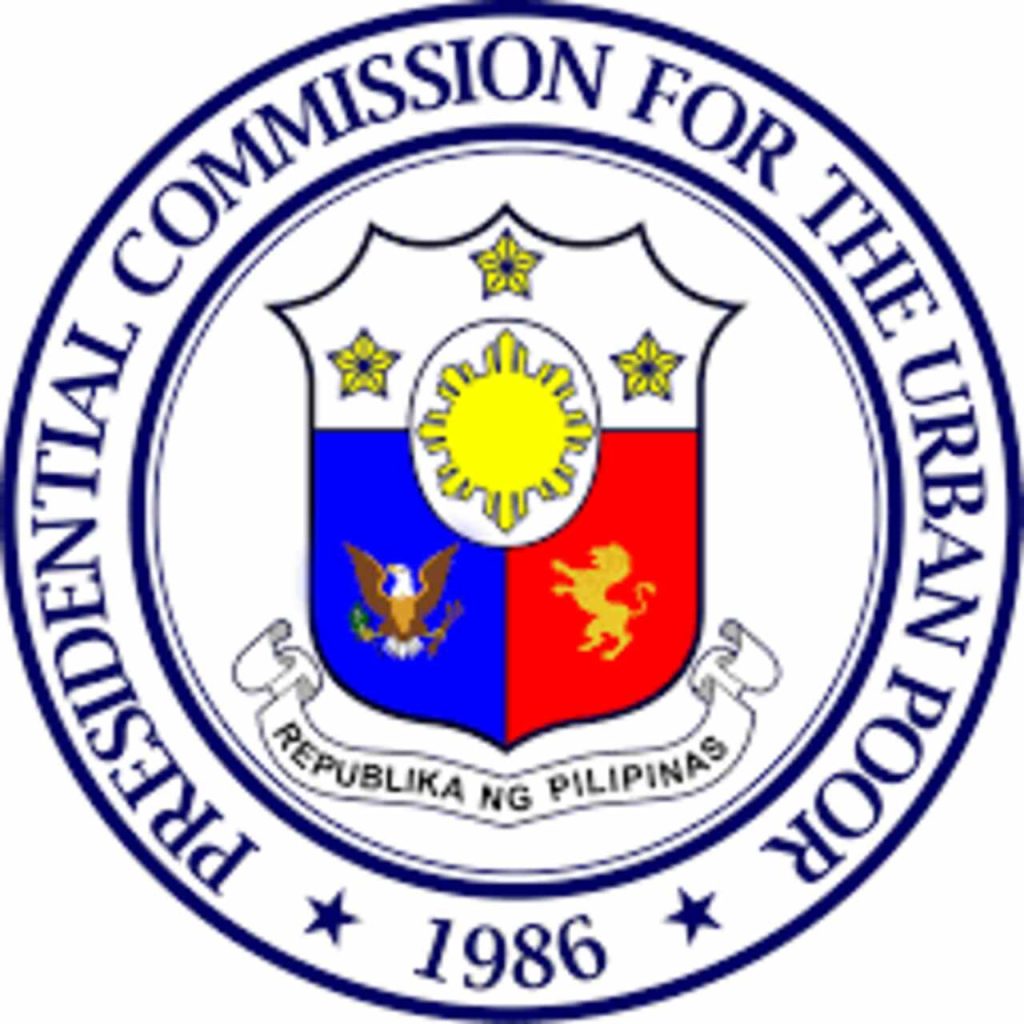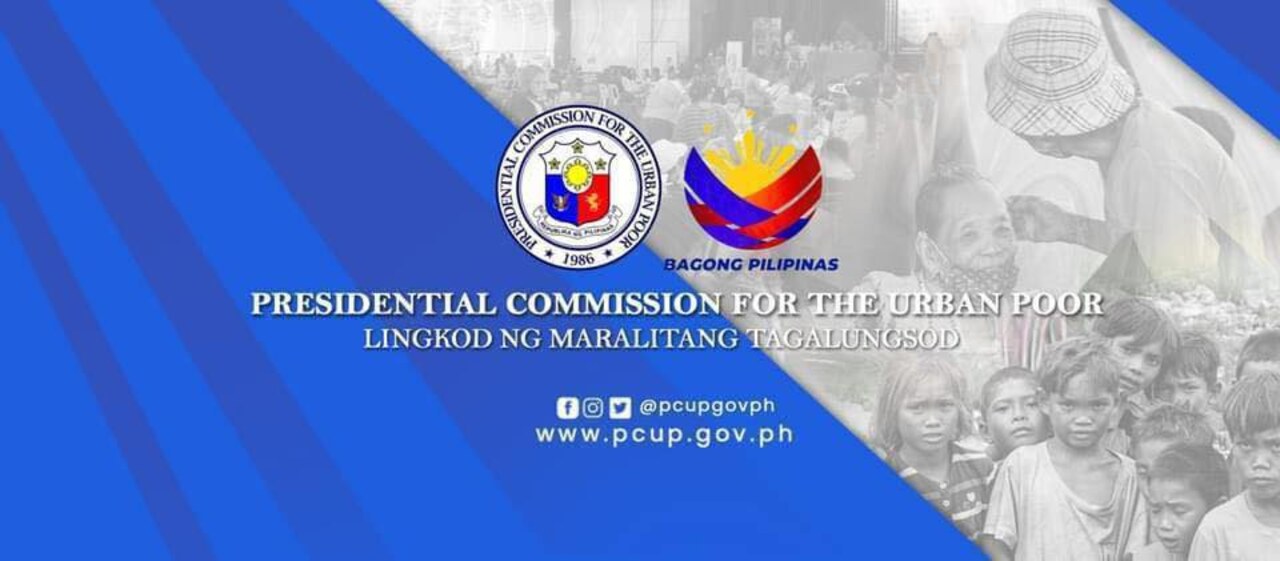The Philippine Commission on Urban Poor (PCUP) is a government agency tasked with promoting the welfare of urban poor communities in the Philippines. Established through Executive Order No. 82 in 1986, PCUP serves as the primary government body for addressing issues such as informal settlers, housing, and livelihood opportunities in urban areas. Its mandate includes advocating for the rights of urban poor citizens and coordinating efforts to provide them with necessary support services.
PCUP’s legal basis and objectives are grounded in the principles of social justice and equality, focusing on empowering marginalized communities through sustainable programs. The agency aims to ensure that urban poor families have access to decent housing, livelihood, and basic services. By addressing urban poverty, PCUP creates more inclusive cities, ensuring that the basic rights of the underserved are recognized and protected.
History

In the 1960s, migration from rural areas to cities increased, but urban centers were unprepared to provide adequate housing, employment, and services, leading to widespread poverty. By the 1980s, urban poor groups began organizing to address their struggles and seek a platform for consultation on issues affecting them. In 1986, the Kongreso ng Pagkakaisa ng Maralitang Lungsod (KPML) petitioned President Aquino for a moratorium on demolitions and the creation of a body to represent the urban poor, which led to the establishment of the Presidential Arm on Urban Poor Affairs (PAUPA). In the same year, the National Congress of Urban Poor Organizations (NACUPO) pushed for PAUPA to be replaced by the Presidential Council on Urban Poor (PCUP). President Aquino issued Executive Order No. 82 on December 8, 1986, officially creating PCUP as a coordinating and advocacy body, making it a unique agency directly addressing the urban poor’s concerns in the Philippines.
Logo

The PCUP logo shows the coat of arms of the Philippines to represent unity and national authority. Around it are the words “Presidential Commission for the Urban Poor” and “1986,” the year the agency was created. The colors blue, red, white, and yellow match the Philippine flag to show that PCUP serves the Filipino people. The shield highlights PCUP’s strong connection to the Office of the President. Overall, the logo stands for PCUP’s mission to protect and promote the rights of the urban poor.
Mission
“To fulfill its vision, PCUP vows to undertake the following:
- improved coordination and monitoring for the speedy implementation of government programs and policies for the urban poor;
- enhanced accreditation of legitimate urban poor organizations for purposes of representation and policy formulation.”
Vision
“A society where the poor are empowered, economically productive and actively participating in the poverty reduction program and sustainable development of the country.”
Service Pledge
The officers and employees of the PCUP, in their service pledge, promise to commit to the following, reflecting their dedication to supporting PCUP’s mission of empowering and enhancing the lives of the urban poor.
- Ensuring efficient service and providing prompt, appropriate responses to inquiries from 8:00 A.M. to 5:00 P.M., Mondays to Fridays.
- Adhering to the established Service Standards and Code of Conduct.
- Upholding honesty, integrity, and transparency in all their duties and responsibilities.
- Advocating for the legitimate rights and interests of the urban poor through coordination with relevant organizations.
Mandate of PCUP
The mandate of PCUP, established through Executive Order No. 82, is to serve as the government’s key agency in formulating and implementing policies and programs for the urban poor. It coordinates with various government bodies, provides technical assistance, and ensures that urban poor communities have access to social services and basic needs.
Functions
PCUP works towards improving the lives of the urban poor by focusing on various key areas, including access to land and housing, social services, and employment opportunities.
Below are the main functions and responsibilities of PCUP:
- Policy Formulation and Advocacy: PCUP reviews existing policies and suggests improvements to enhance the living conditions of the urban poor. The commission submits recommendations to the President, Congress, and local government units (LGUs) on relevant issues. It also advocates for policies that address the needs of the urban poor at both the national and local levels.
- Accreditation of Urban Poor Organizations (UPOs): PCUP is responsible for accrediting legitimate Urban Poor Organizations, which represent the interests of urban poor communities. Through this accreditation, these organizations can participate in policy discussions and contribute to the development of government initiatives affecting the urban poor.
- Social Preparation and Asset Reform: In line with its mandate, PCUP helps communities prepare for changes brought about by government development projects. It organizes consultations, provides information, and helps families adjust to new living conditions. The commission also works on various asset reform programs, such as relocation and resettlement, to secure land and housing for urban poor families.
- Capability Building: PCUP conducts training programs to raise awareness and build the capacity of urban poor communities. These programs focus on leadership skills, organizational management, legal support, conflict resolution, and gender development, empowering the urban poor to actively participate in governance and social development.
- Monitoring Demolition and Eviction Activities: The commission oversees demolitions and evictions that affect the urban poor, ensuring that these are carried out in accordance with the law. PCUP monitors resettlement sites and provides reports to the President and other agencies to ensure that the rights of the affected communities are protected.
- Consultations and Feedback Mechanisms: Regular consultations are held with urban poor communities to identify their issues and gather recommendations for policies and programs. PCUP processes these recommendations and provides feedback to the communities on actions taken. Additionally, the commission celebrates Urban Poor Solidarity Week each year to raise awareness about urban poverty and foster cooperation among stakeholders.
How PCUP Supports the Urban Poor
PCUP’s initiatives and programs are centered around improving the quality of life for the urban poor. These include:
- Access to Housing: PCUP supports housing programs that help urban poor families secure affordable and safe living spaces.
- Employment and Livelihood: The commission facilitates access to livelihood programs and employment opportunities to help urban poor individuals achieve financial independence.
- Social Services: PCUP works with various government agencies to ensure urban poor communities have access to healthcare, education, and other essential services.
- Community Participation: The commission fosters unity and cooperation among the urban poor, government bodies, and non-governmental organizations to address urban poverty effectively.
Scope and Coverage
The Presidential Commission for the Urban Poor (PCUP) is a national government agency working all over the Philippines, especially in cities and major regions (Metro Manila, Luzon, Visayas and Mindanao). It serves the “urban poor” – city families and communities who lack secure housing or enough income (often in squatter or informal settlements) and who may face eviction or demolition of their homes. PCUP’s role is mainly to connect these communities with the government: it helps shape and monitor housing and welfare policies and programs so that they actually reach the poor. It also runs practical support programs – for example a housing aid program (“Piso Ko, Bahay Mo”) to help rebuild homes after demolitions, and livelihood/job training projects to help poor families earn money. Finally, PCUP holds community outreach (like “one-stop-shop” caravans) and sets up local satellite offices so that urban poor people can easily learn about and get government services and assistance.
Programs and Services
To date, PCUP offers the following services to the urban poor it is meant to serve:
1. Accreditation of Urban Poor Organization
This process officially recognizes urban poor groups to help them take part in community activities, promote their interests, and join in policy making, program planning, and monitoring.
2. Accreditation of Federation
This aims to recognize larger groups or networks of urban poor organizations, encouraging teamwork and stronger support to tackle bigger urban poverty issues.
3. Social Enterprise Development and Sustainability
PCUP helps urban poor communities start and sustain livelihood projects by connecting them with resources and working with public and private partners to promote social reforms.
4. Endorsement for Medical Assistance
PCUP helps urban poor individuals get medical aid by coordinating with agencies like DSWD, DOH, PCSO, and other hospitals, clinics, and foundations.
5. Public Assistance for Walk-in Clients
Walk-in clients with questions or concerns are assisted by a Public Assistance Officer, who forwards their issues to the correct PCUP office or division for action.
Video: Expanding the Scope of PCUP
The Presidential Commission for the Urban Poor (PCUP) is dedicated to representing and serving the urban poor in the Philippines. Through its advocacy, policy formulation, and direct assistance, PCUP helps improve the living conditions of marginalized communities by facilitating access to housing, livelihood, and essential services. The commission’s role in coordinating government efforts and creating avenues for community participation makes it a key agency in addressing urban poverty in the country. Learn more about PCUP by watching this video below:
Contact Information
For more information, you can contact PCUP through their official website or through their social media channels.
Presidential Commission for the Urban Poor (PCUP)
- Main Office Address: 10th and 18th Floor The Upper Class Tower, Quezon Avenue cor. Scout Reyes St., Brgy. Paligsahan, Quezon City
- Contact Number: (02) 8-362-0220 / (02) 8-365-2499
- Email Address: chairman@pcup.gov.ph
- Official Website: https://www.pcup.gov.ph/
- Official Social Media Pages
- Facebook Messenger: https://m.me/pcupgovph
- Instagram: https://www.instagram.com/pcupgovph/
- X (Twitter): https://twitter.com/pcupgovph
